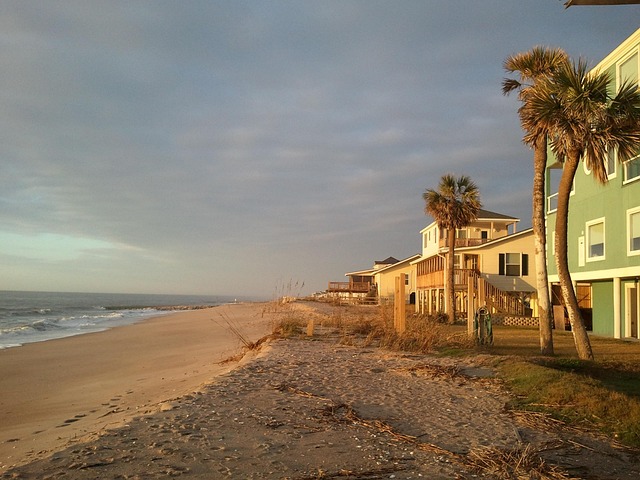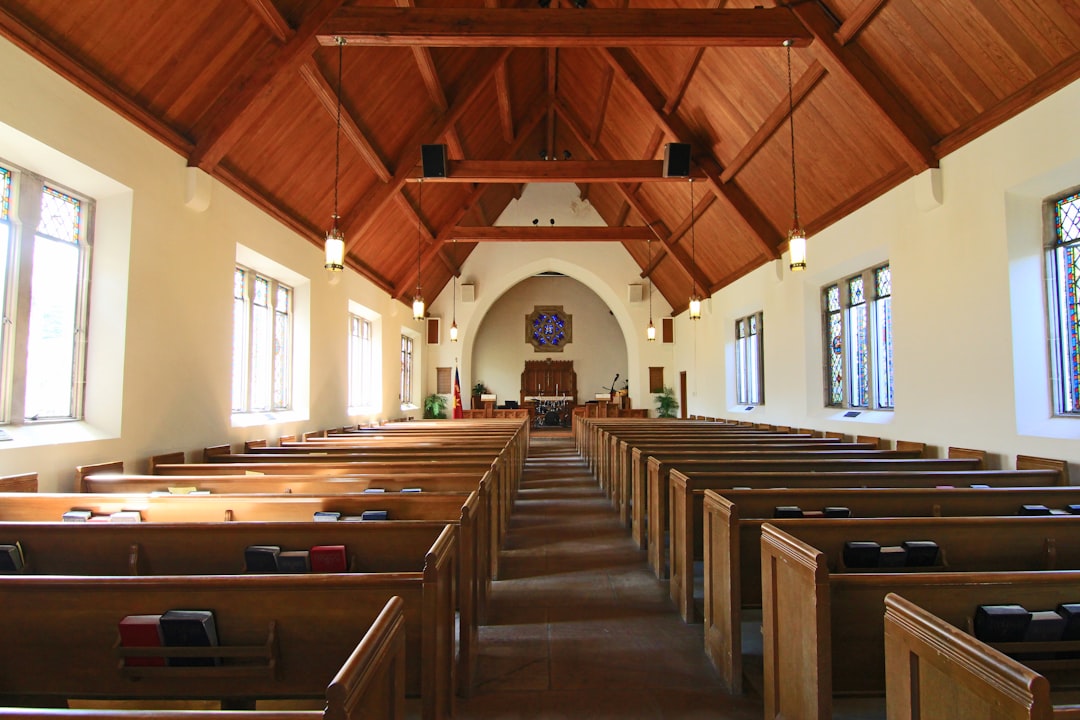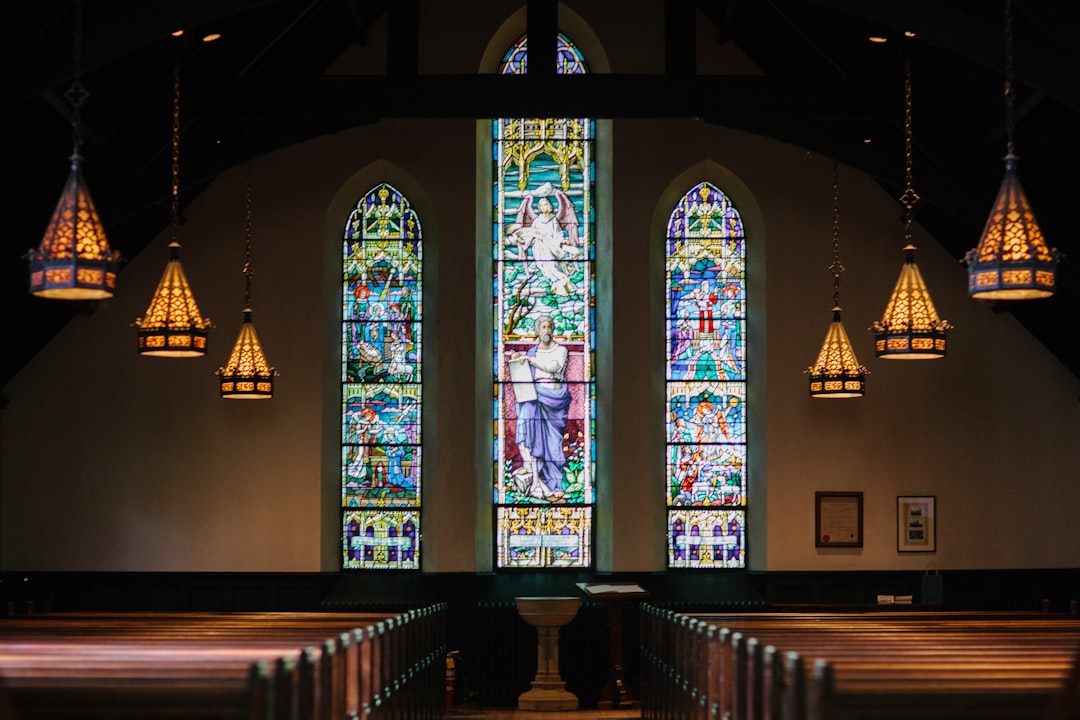Clergy abuse in South Carolina can cause severe emotional trauma. Recognize red flags and consult a specialized clergy abuse lawyer to navigate legal rights and options, including filing a lawsuit against accused clergymen. Choose an attorney with expertise in church-state relations, privacy laws, and sexual misconduct statutes for a stronger case. Evidence is key; gather medical records, witness statements, and other remnants of abuse. Non-profit organizations offer confidential support and connect victims with clergy abuse lawyers to ensure justice and healing.
“In South Carolina, addressing clergy abuse is a critical step towards fostering safe and sacred communities. This comprehensive guide delves into the intricate details of navigating legal paths for victims, offering crucial insights on understanding red flags, recognizing legal rights, and initiating suits against abusive clergy.
For those seeking justice, choosing the right lawyer specialized in clergy abuse cases is pivotal. We explore strategies for building compelling cases, emphasizing evidence, testimonies, and legal tactics. Additionally, this article highlights available support resources tailored to assist victims in their journey towards healing and redress.”
Understanding Clergy Abuse: Recognizing Red Flags and Legal Rights in South Carolina
Clergy abuse can take many forms, from emotional manipulation to physical assault, and it’s important for both victims and bystanders to recognize the red flags. In South Carolina, understanding the legal rights associated with such incidents is crucial. A clergy abuse lawyer in South Carolina can guide individuals through complex laws and provide support during what may be a difficult time.
If you or someone you know has experienced clergy abuse, look out for signs such as controlling behavior, financial manipulation, or isolated environments. It’s also important to remember that abuse doesn’t always leave physical marks; emotional and psychological scars can be just as damaging. Familiarizing yourself with these potential indicators empowers you to take action, whether it involves seeking counseling or consulting a clergy abuse lawyer in South Carolina to understand your legal options.
Navigating the Legal Process: What to Expect When Filing a Clerical Assault Lawsuit
Navigating the legal process of filing a clerical assault lawsuit in South Carolina can seem daunting, but with the right guidance, it’s manageable. The first step is to consult with an experienced clergy abuse lawyer who specializes in such cases. They will help you understand the statute of limitations and gather essential evidence, including any medical records or witness statements. This process requires careful documentation of dates, times, and details related to the alleged assault.
Once prepared, you’ll file a complaint with the appropriate court, stating the charges against the accused clergyman. Your lawyer will guide you through pretrial hearings, where discovery procedures may include depositions and requests for documents. Throughout this journey, it’s crucial to stay organized and open communication with your legal representative to ensure your case is presented effectively in court.
Choosing the Right Lawyer: Finding Expertise in South Carolina for Clergy Abuse Cases
When navigating a clergy abuse lawsuit in South Carolina, selecting the right legal counsel is paramount to achieving justice and a favorable outcome. It’s crucial to find an attorney with extensive experience in handling such sensitive cases, especially given the unique legal considerations and potential implications for religious institutions. Look for lawyers who specialize in clergy abuse matters and have a proven track record of success in South Carolina state courts.
Expertise in this field means understanding the intricate details of church-state relationships, privacy laws, and the specific statutes related to sexual misconduct within religious organizations. Your chosen lawyer should be well-versed in navigating the legal system, handling evidence, and representing clients in complex civil litigation. Additionally, they should offer a supportive and confidential environment for victims, ensuring your story is told accurately and with compassion.
Building a Strong Case: Evidence, Testimonies, and Legal Strategies
When building a strong case for a clergy assault lawsuit in South Carolina, evidence is paramount. This includes any physical evidence related to the assault as well as detailed records of the victim’s medical treatment and psychological care. Testimonies from witnesses who can corroborate the victim’s account are equally crucial. These could include other members of the congregation or individuals who were present during the incident.
Legal strategies should focus on establishing liability on the part of the clergy member and the institution they represent. This might involve examining policies, procedures, and any previous complaints or disciplinary actions against the accused. Engaging a skilled clergy abuse lawyer in South Carolina can help navigate these complexities, ensuring that all legal avenues are explored to achieve justice for the victim.
Support and Resources: Assistance for Victims of Clergy Abuse in South Carolina
In the face of clergy abuse, victims in South Carolina can find support and resources through various organizations dedicated to assisting those who have suffered at the hands of spiritual leaders. Many non-profit groups offer confidential counseling services, legal aid, and a safe space for sharing experiences. These organizations often work closely with experienced clergy abuse lawyers in South Carolina to ensure that victims’ rights are protected and they receive the justice they deserve.
Legal assistance is crucial for navigating complex legal processes and understanding one’s options. Clergy abuse lawyers in South Carolina specialize in handling sensitive cases, providing expertise in state laws and religious institutions’ unique structures. They offer guidance throughout the legal journey, from filing a lawsuit to ensuring victims’ privacy and safety. These professionals play a vital role in holding accountable those who have committed abuse within the clergy.





